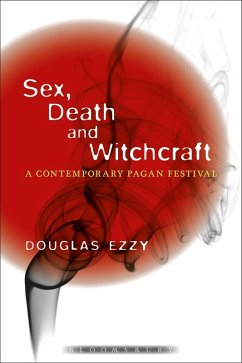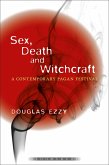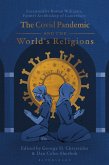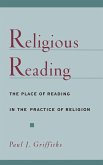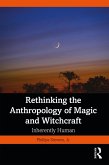Faunalia is a controversial Pagan festival with a reputation for being wild and emotionally intense. It lasts five days, 80 people attend, and the two main rituals run most of the night. In the tantalisingly erotic Baphomet rite, participants encounter a hermaphroditic deity, enter a state of trance and dance naked around a bonfire. In the Underworld rite participants role play their own death, confronting grief and suffering. These rituals are understood as "shadow work" - a Jungian term that refers to practices that creatively engage repressed or hidden aspects of the self.
Sex, Death and Witchcraft is a powerful application of relational theory to the study of religion and contemporary culture. It analyses Faunalia's rituals in terms of recent innovations in the sociology of religion and religious studies that focus on relational etiquette, lived religion, embodiment and performance. The sensuous and emotionally intense ritual performances at Faunalia transform both moral orientations and self-understandings. Participants develop an ethical practice that is individualistic, but also relational, and aesthetically mediated. Extensive extracts from interviews describe the rituals in participants' own words. The book combines rich and evocative description of the rituals with careful analysis of the social processes that shape people's experiences at this controversial Pagan festival.
Sex, Death and Witchcraft is a powerful application of relational theory to the study of religion and contemporary culture. It analyses Faunalia's rituals in terms of recent innovations in the sociology of religion and religious studies that focus on relational etiquette, lived religion, embodiment and performance. The sensuous and emotionally intense ritual performances at Faunalia transform both moral orientations and self-understandings. Participants develop an ethical practice that is individualistic, but also relational, and aesthetically mediated. Extensive extracts from interviews describe the rituals in participants' own words. The book combines rich and evocative description of the rituals with careful analysis of the social processes that shape people's experiences at this controversial Pagan festival.

